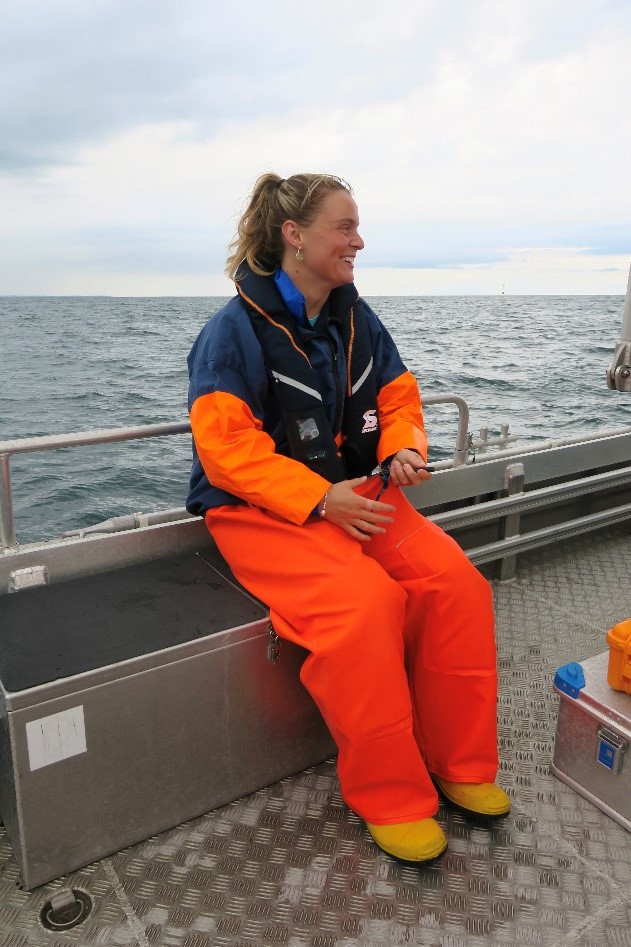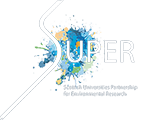
Sophie Smith, a postgraduate researcher from the fourth SUPER DTP cohort, undertook a 1-month internship in 2023 with Deutsches Meeremuseum Stralsund. The internship was arranged by Sophie after seeing the opportunity via the MARMAM email subscription.
Sophie shares their reflections on the experience below.
What reasons did you have for undertaking an internship?
Curiosity/personal interest, and to help with research and development.
What did your internship role involve?
I worked as a volunteer for the ‘PAL-CE: PAL use in German waters – current efficiency and mode of operation’ project as part of the fieldwork campaign in Fyns Hoved, Denmark.
The PAL (Porpoise Alert) are acoustic devices that reduce the bycatch of harbour porpoises in set gillnets. Previous acoustic signals have been used via manmade sources however, these devices have seen to cause harm and often the displacement of marine mammals within the area which can alter the behaviour of important top marine predators and have further indirect impacts on the whole ecosystem.
The PAL device has an acoustic signal that is an innate harbour porpoise frequency, which safely alerts and increase harbour porpoise detections of nets to decrease their chance of becoming entangled. Fisheries in Schleswig-Holstein, Germany have been voluntarily attaching PAL devices to their set nets since 2017 to avoid harbour porpoise bycatch. However, it is unclear whether the effect of PAL persists over long periods of time or if it diminishes as harbour porpoises become habituated to the acoustic signal.
The PAL-CE project was to investigate whether the PAL effects persist over time on a naïve harbour porpoise population in Denmark via acoustic and behavioural responses to the PAL.
My role involved:
- Visual observations of harbour porpoises from land.
- Recording of theodolite points of harbour porpoise individuals for tracking.
- Flying drones to record video footage of behaviours.
- Boat work to deploy and recover acoustic devices, carry out playbacks for calibrations, collection oceanic environmental data, and recover a modified set net.
- Filling in protocols.
- Transferring the data into a database.
- Screening of video footage.
What opportunities for skills and personal development did the internship offer?
I took this internship because the methodologies being used were similar to my PhD research. I thought that it would have been very beneficial towards my knowledge and skills within research methodologies that I would be able to transfer over to my PhD research. Additionally, it was an opportunity for me to network internationally with similar researchers, which has allowed me to build professional relationships and opportunities to aid in career development.
What were the main benefits to you of undertaking the internship?
Meeting a great team of like-minded people who I am still in contact with now, and being outside doing fieldwork every day made travelling to a remote location in Denmark worth it. Specifically, the internship has allowed me to gain knowledge and skills within data collection towards land-based, drone, and boat surveys. It has enabled me to refine my research methodologies to collect high quality data towards my PhD questions.
Would you recommend an internship to other PGRs?
Most definitely! I learnt a lot and worked with incredible researchers. It was useful if you are looking to gain experience within marine mammal and conservation research.
